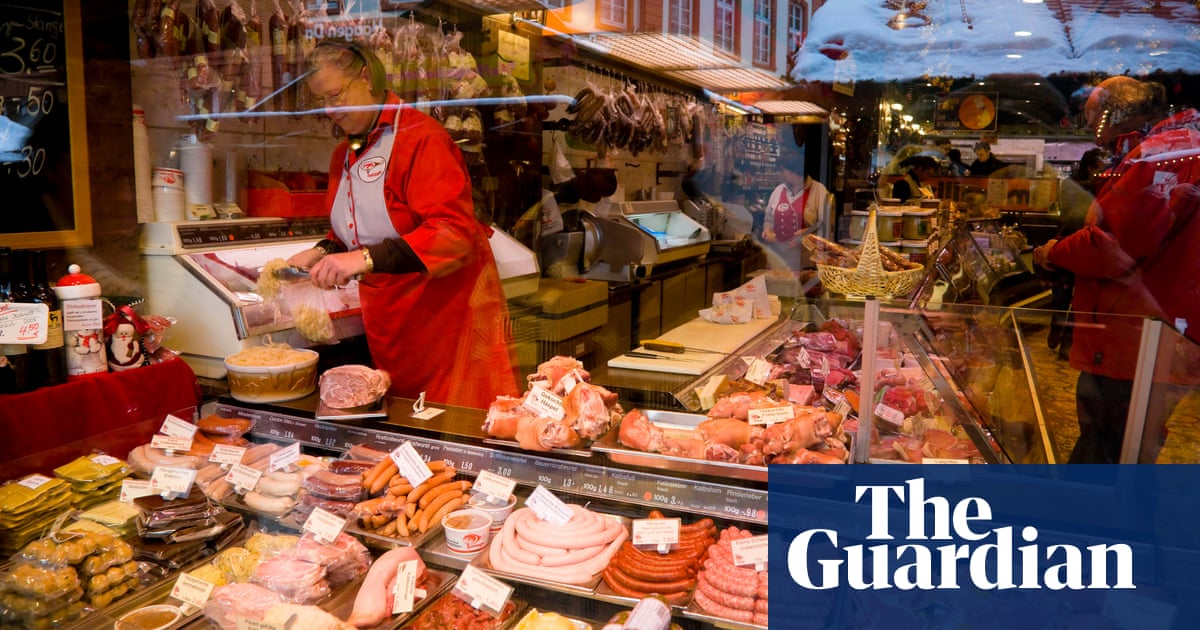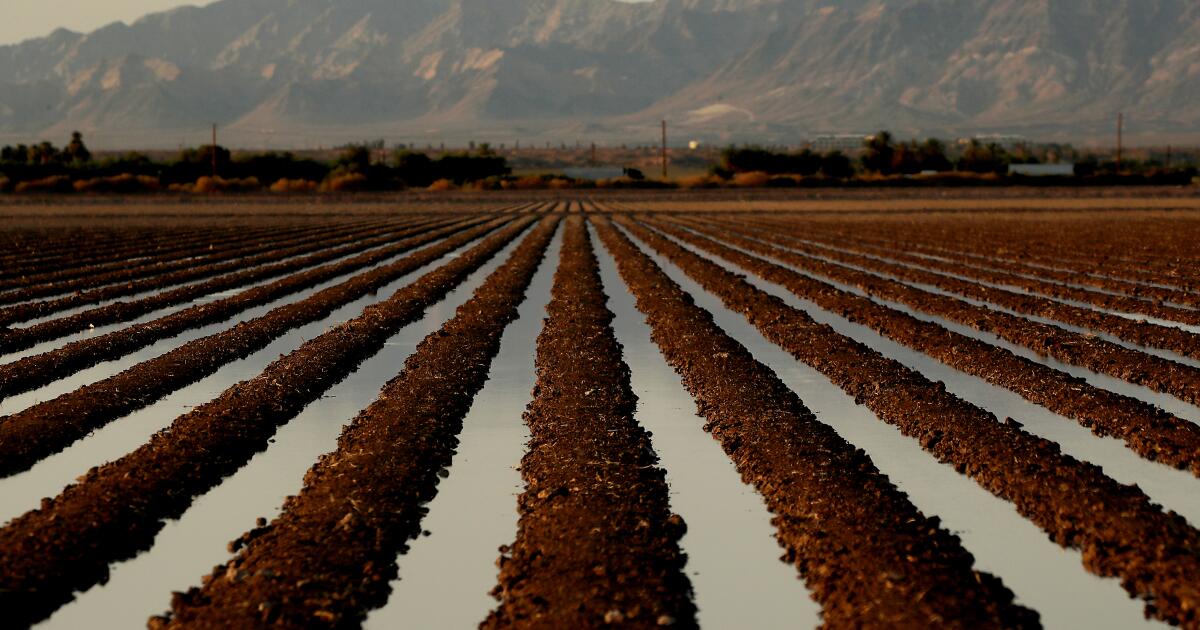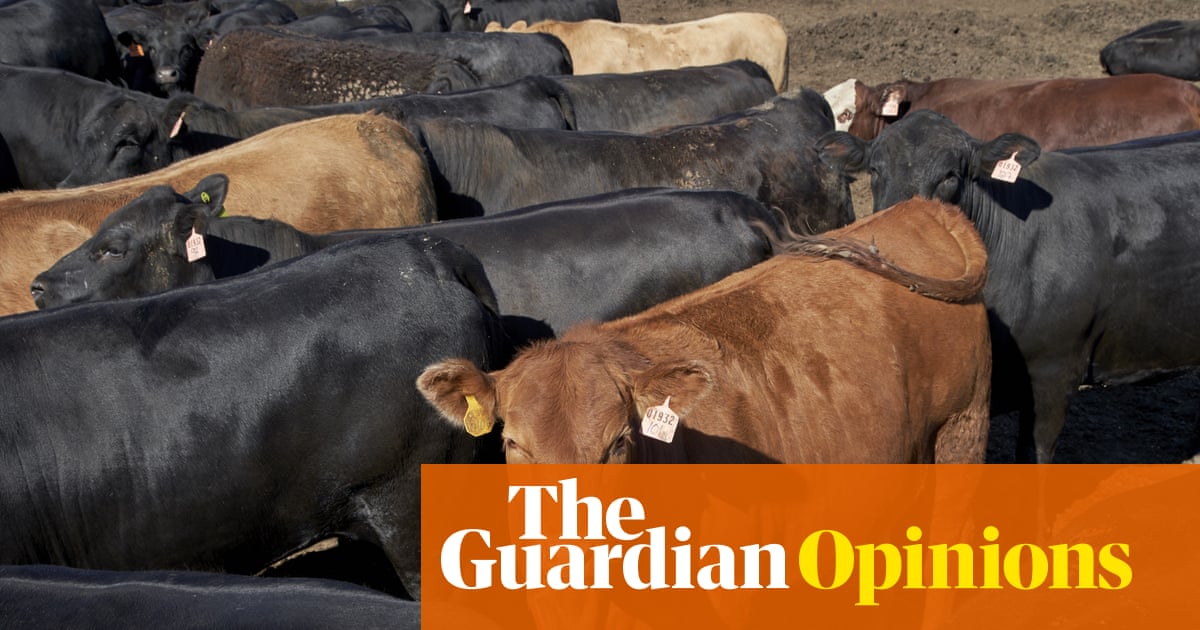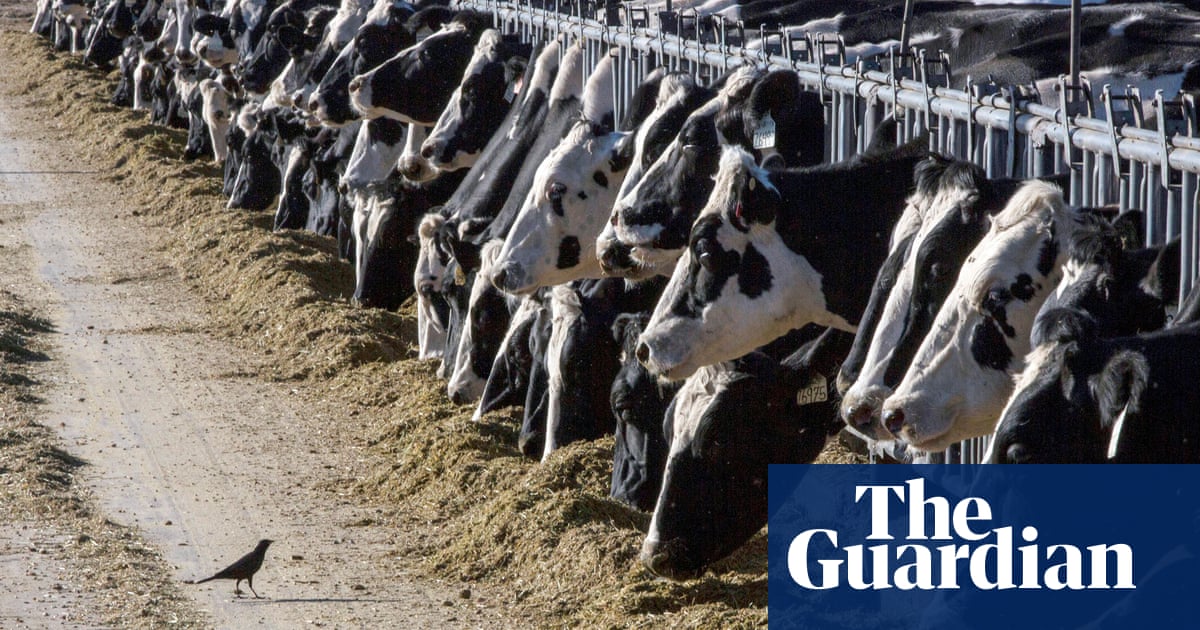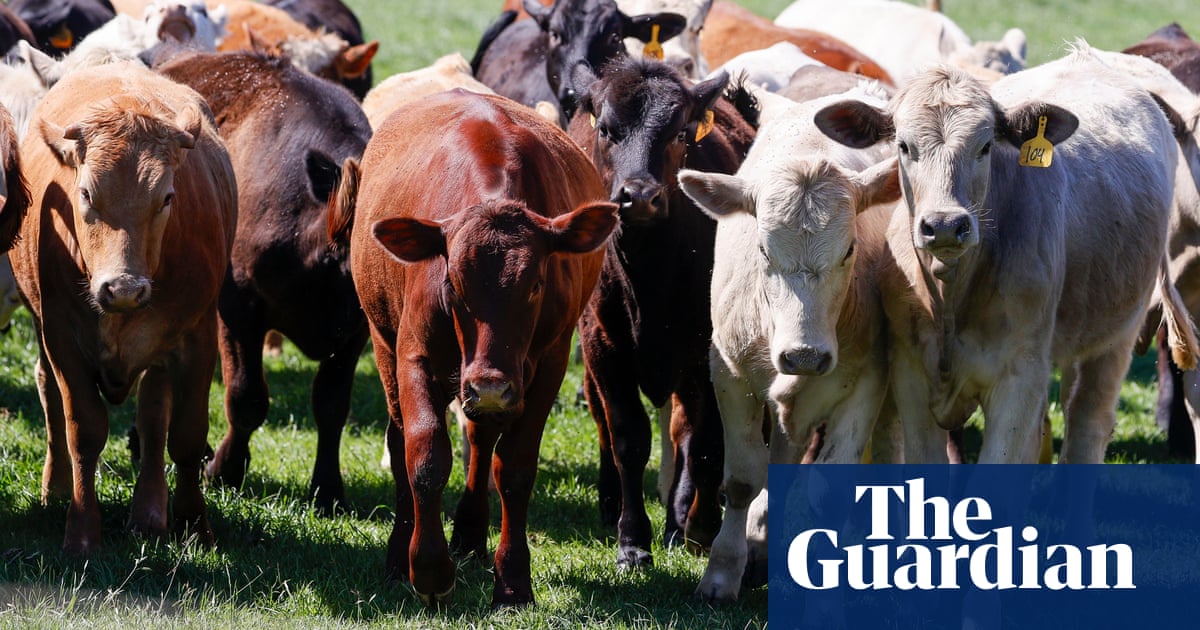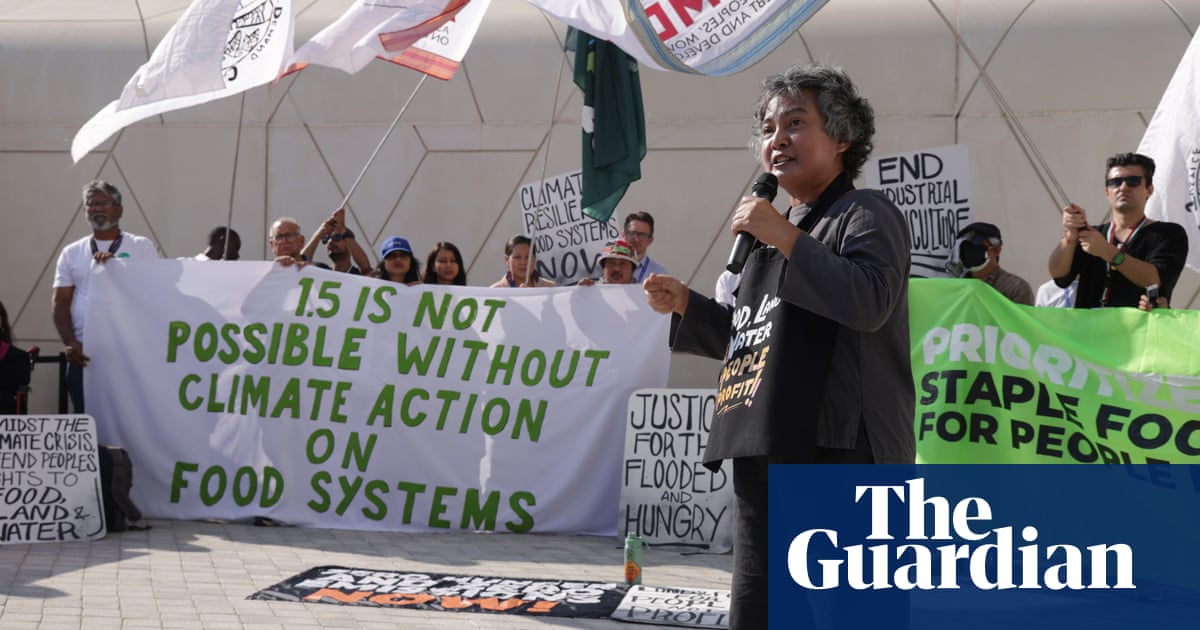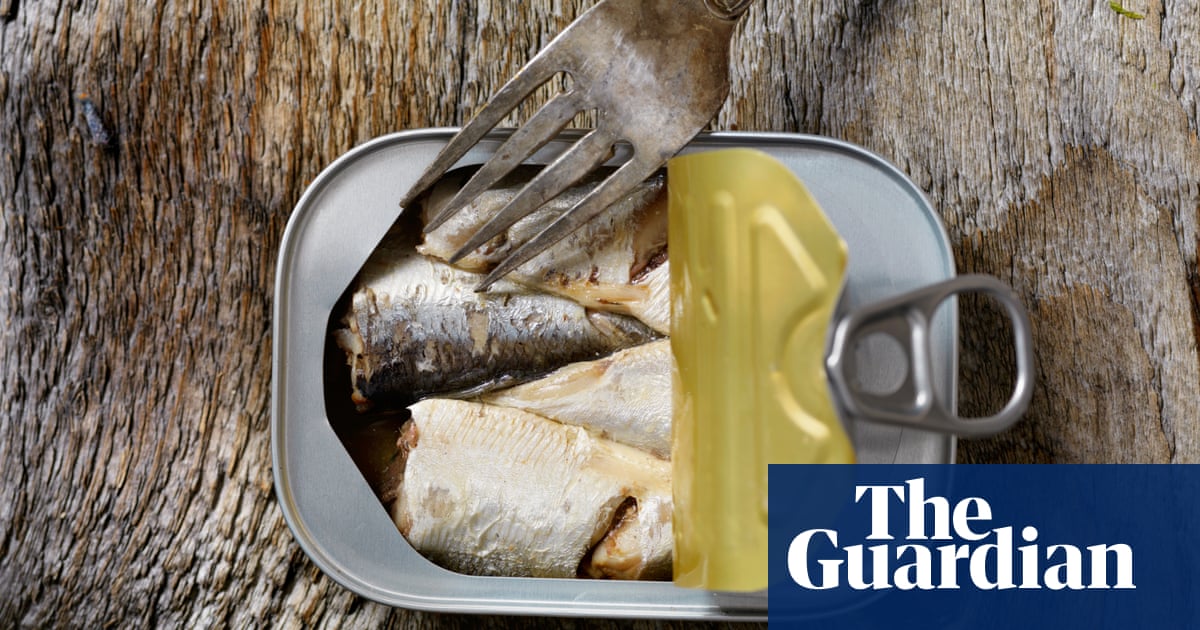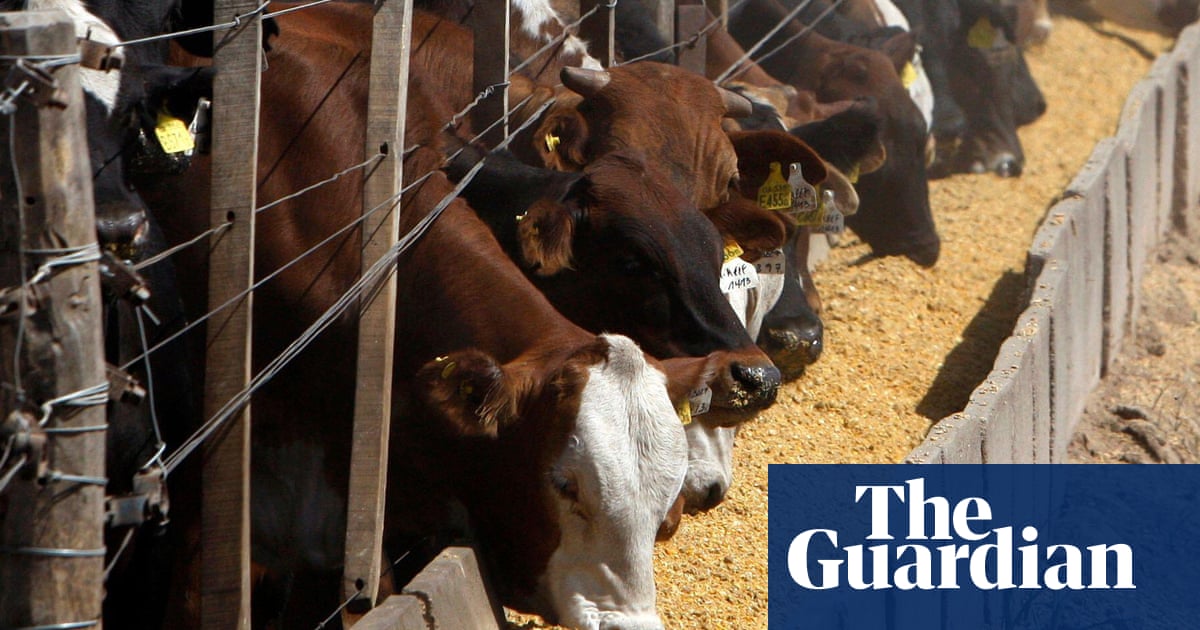
‘Bewildering’ to omit meat-eating reduction from UN climate plan
Academic experts also criticise UN Food and Agriculture Organization for dismissing alternative proteins
The omission of meat-eating reduction from proposals in a UN roadmap to tackle the climate crisis and end hunger is “bewildering”, according to academic experts. The group also criticised the UN Food and Agriculture Organization’s report for “dismissing” the potential of alternative proteins, such as plant-based meat, to reduce the impact of livestock on the environment. In a commentary published in the journal Nature Food, experts said the FAO’s failure to include a methodology on how the 120 actions it did support were chosen, or a list of authors, was “concerning and surprising”.
In October, the Guardian revealed claims made by former FAO officials that its leadership censored and undermined them when they highlighted how methane from livestock was a major contributor to global heating. Scientists have shown that the international climate target, of 1.5C above pre-industrial levels, cannot be met without major changes in food production. Animal farming produces 12%-20% of total global greenhouse gas emissions and uses 83% of farmland to provide 18% of calories.



